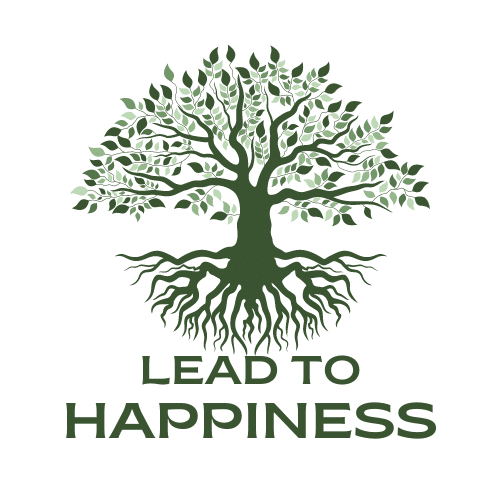In the wake of Pope Francis’s death, the College of Cardinals is preparing to enter conclave. With 80% of the electors appointed by the late Pope himself, the field is both diverse and unprecedentedly wide open.
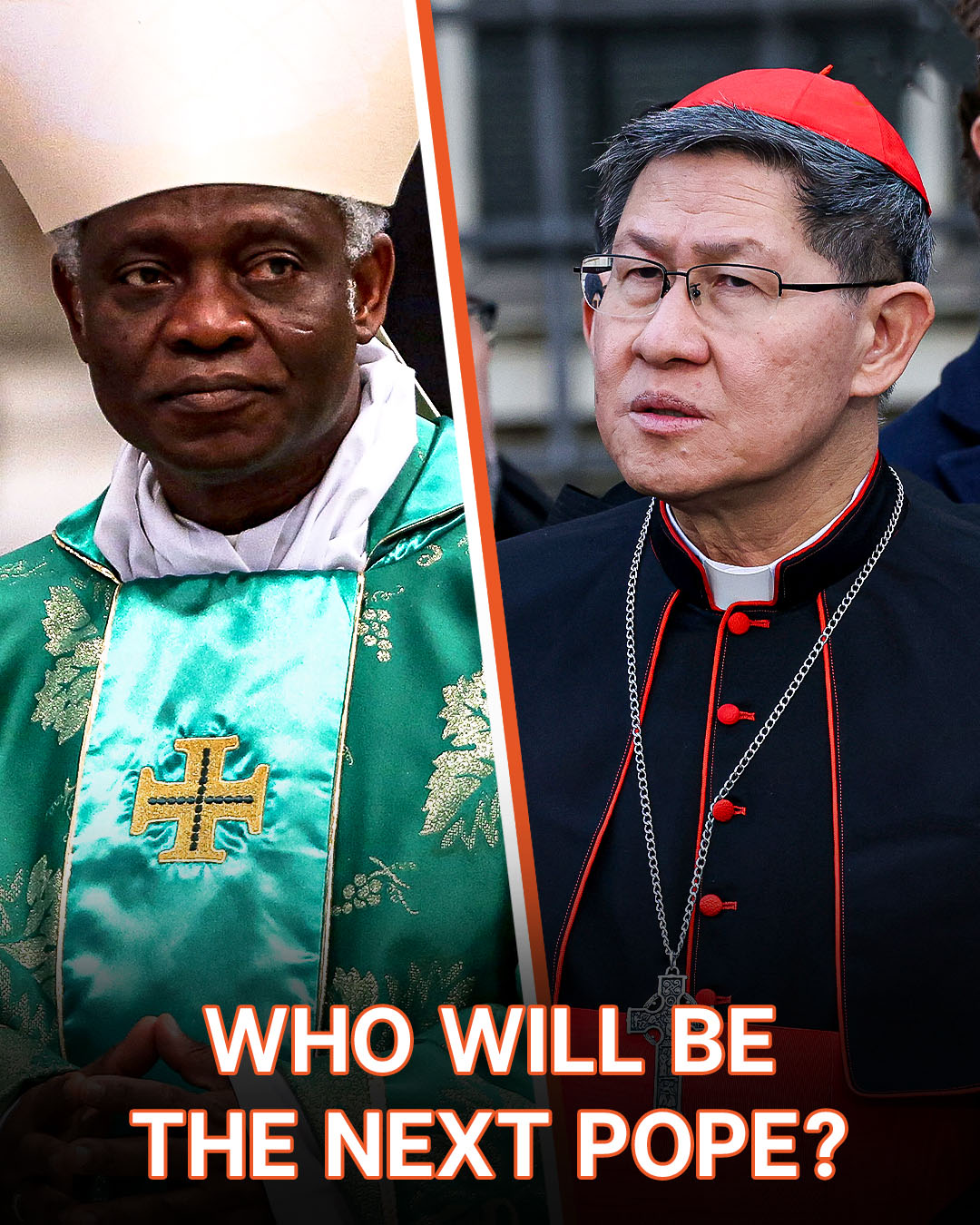 When Pope Francis died, the Roman Catholic Church lost not just its first Jesuit pontiff and first leader from the Global South, but also a reformer who transformed its leadership structure in ways no other modern pope had.
When Pope Francis died, the Roman Catholic Church lost not just its first Jesuit pontiff and first leader from the Global South, but also a reformer who transformed its leadership structure in ways no other modern pope had.
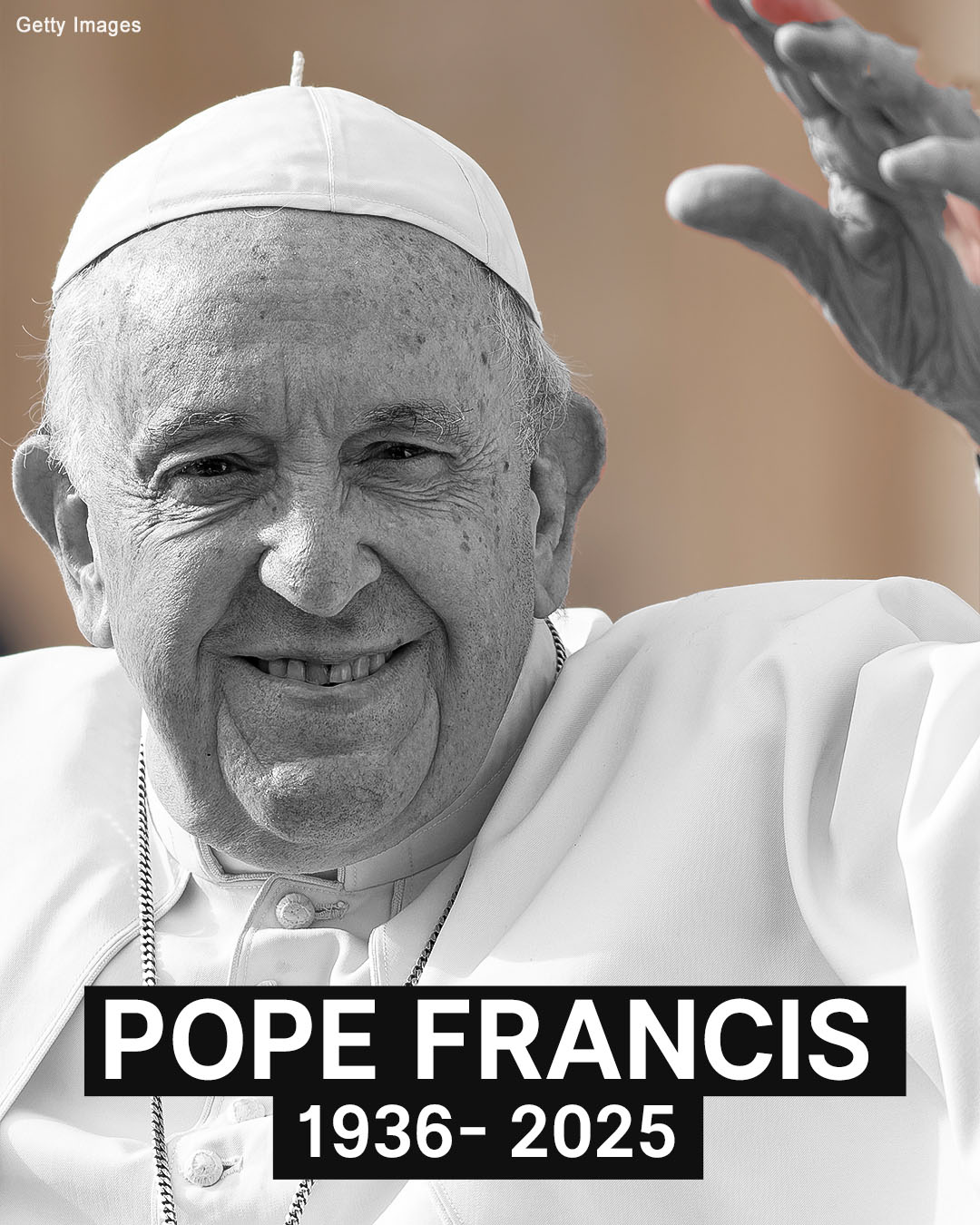
The College of Cardinals will now gather in the Sistine Chapel to begin the sacred process of selecting the next pope. 135 cardinals will enter the Sistine Chapel to elect his successor — 108 of them chosen by Pope Francis himself.
The conclave, a series of closed-door votes, will continue until one name achieves the required majority. However, this time, the outcome is more difficult to predict than ever. Though most of the voting cardinals were appointed by Pope Francis, they do not fall neatly into progressive or traditionalist camps.
In just over a decade, the late Pope dismantled long-held traditions by appointing cardinals from places previously overlooked — such as Tonga, Papua New Guinea, and South Sudan — while bypassing historically influential sees like Milan and Paris.
What’s more, for the first time in history, non-Europeans make up the majority of voters — opening the door to the possibility of a pope from Africa, Asia, or the Americas.
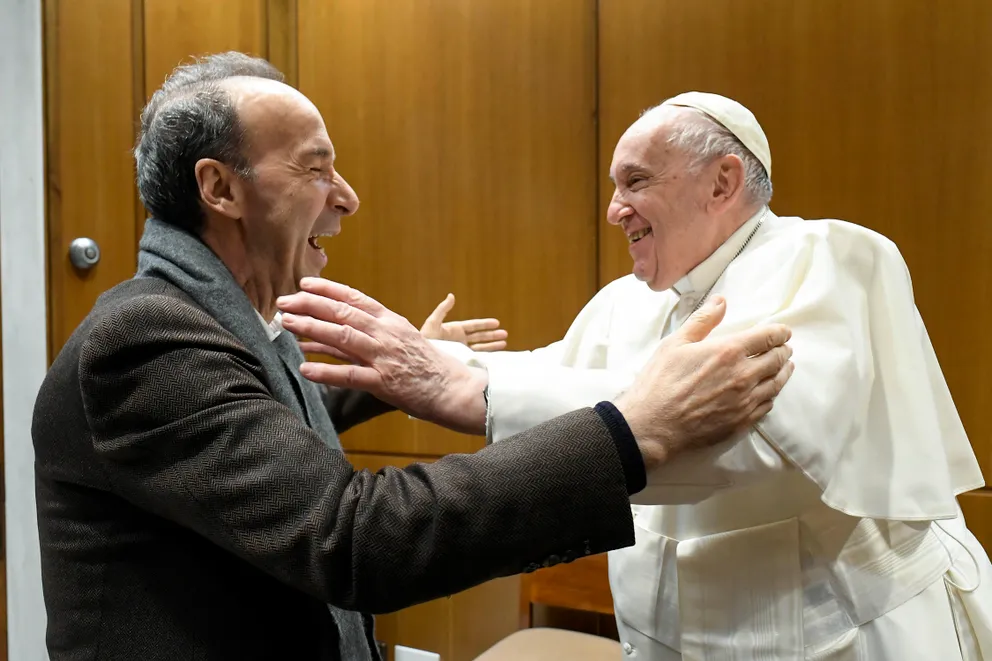
His aim was clear — to make the Church more representative of its global following. Among those traveling to Rome is 45-year-old Mykola Bychok, a Ukrainian-born bishop from Melbourne.
Recently made a cardinal, Bychok is now Australia’s highest-ranking Catholic official and the country’s youngest cardinal. He is also the first Australian cardinal since George Pell and only the eighth in history.
The next pontiff will inherit a Church at a crossroads — and his election could redefine Catholic leadership for generations.
The names gaining attention will need to be both spiritual leaders and public figures. The list of “papabile” — men considered “pope-able”— is long and unusually open-ended this time. The top contenders include:
- Pietro Parolin (Italy, 70) – The Vatican’s Secretary of State and a key diplomatic figure, Parolin has been described as a frontrunner. Though he emphasizes diplomacy, his stance on same-sex marriage has drawn criticism.
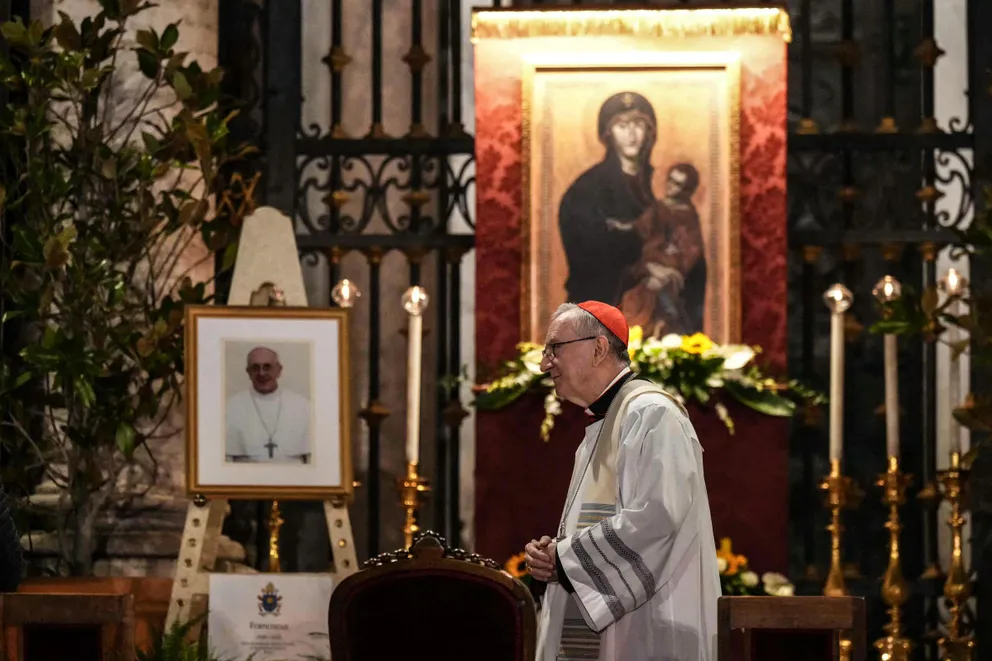
- Luis Antonio Gokim Tagle (Philippines, 67) – Dubbed the “Asian Francis,” Tagle is a pastoral leader known for empathy toward marginalized groups. He may rally strong support from Asia, where the Church continues to grow.
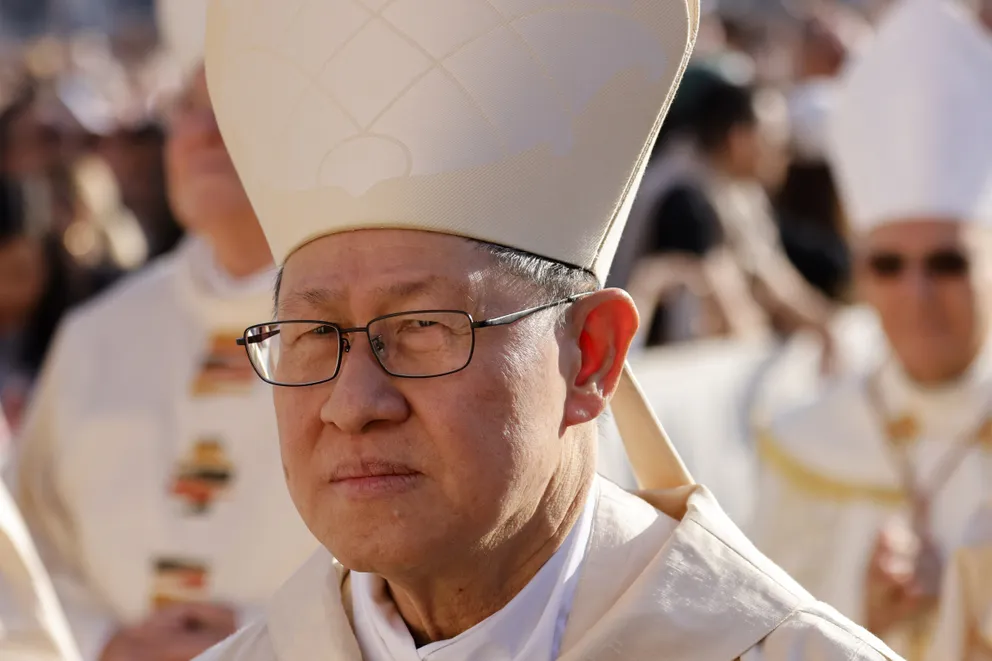
- Fridolin Ambongo Besungu (Congo, 65) – The Archbishop of Kinshasa and a vocal cultural conservative, Ambongo is a respected leader in Africa, which remains a vital region for the Church’s expansion.
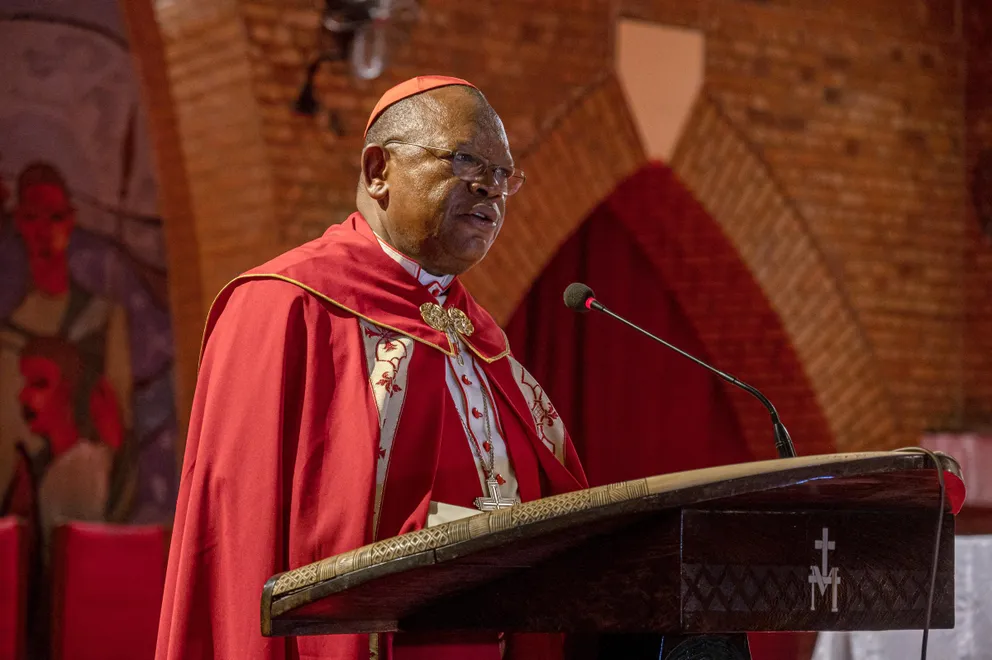
- Peter Kodwo Appiah Turkson (Ghana, 76) – Known for his energy and social engagement, Turkson has previously been a leading contender. He supports reforms but holds traditional views on many issues.
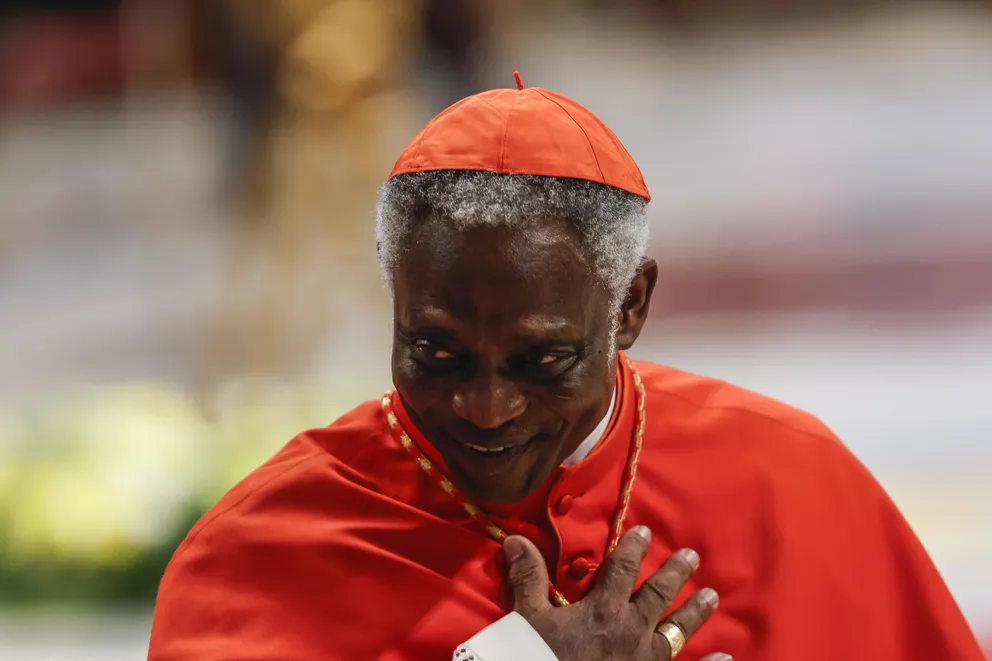
- Péter Erdő (Hungary, 72) – A potential compromise candidate, Erdő is respected across European and African circles. He has navigated difficult political climates and Church reforms effectively.
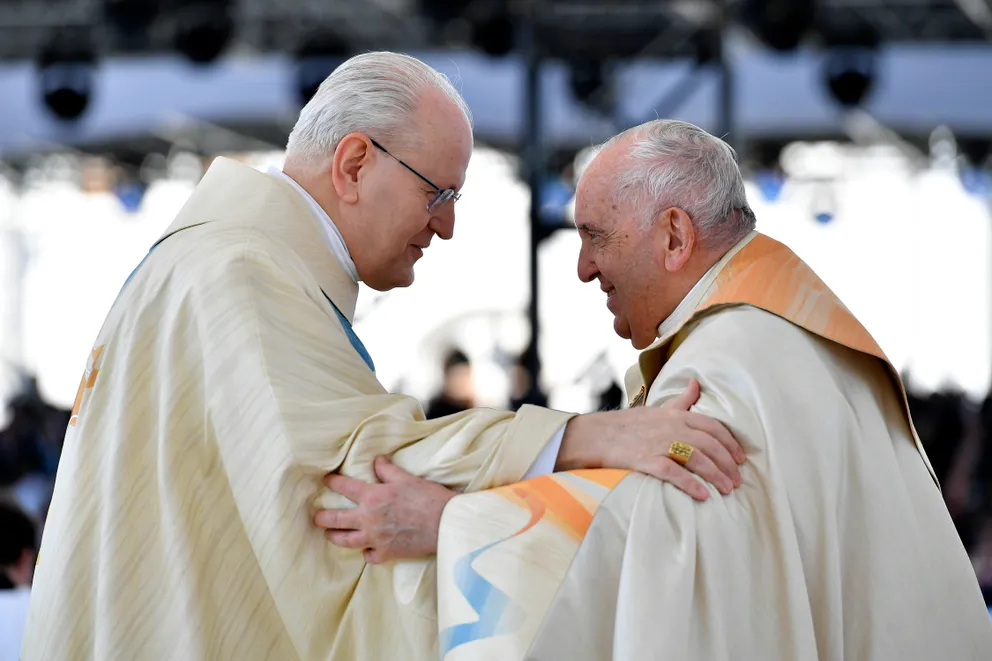
Reinhard Marx (Germany, 71) – A progressive voice on LGBTQ+ issues and Church governance, Marx’s past handling of abuse cases could impact his prospects.
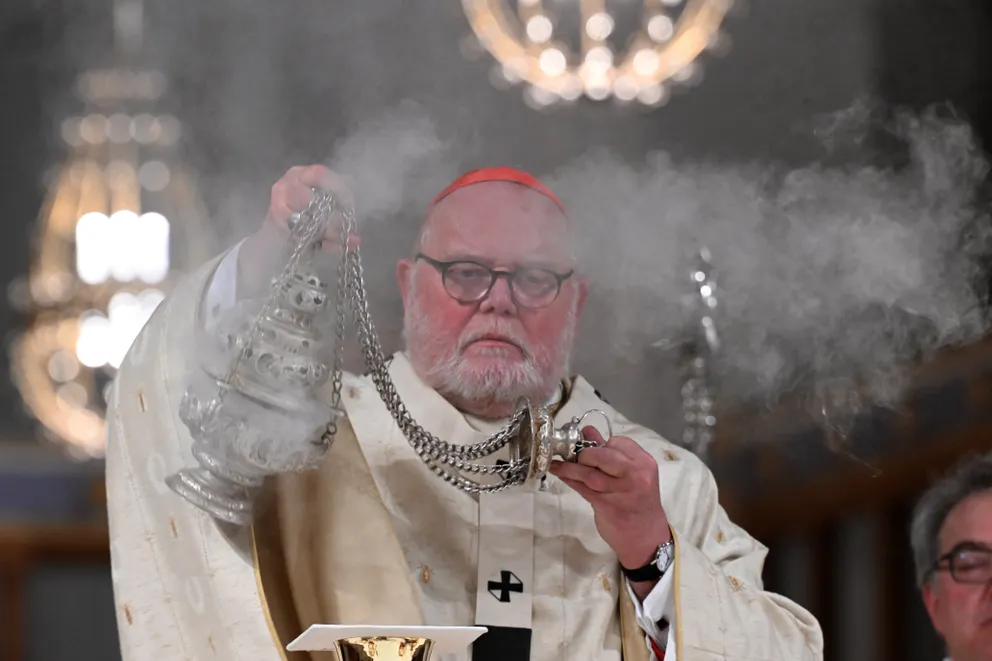
- Robert Prevost (USA, 69) – With ties to both North and Latin America, Prevost is seen as a reform-minded leader, though past allegations during his time in Peru may be a concern.
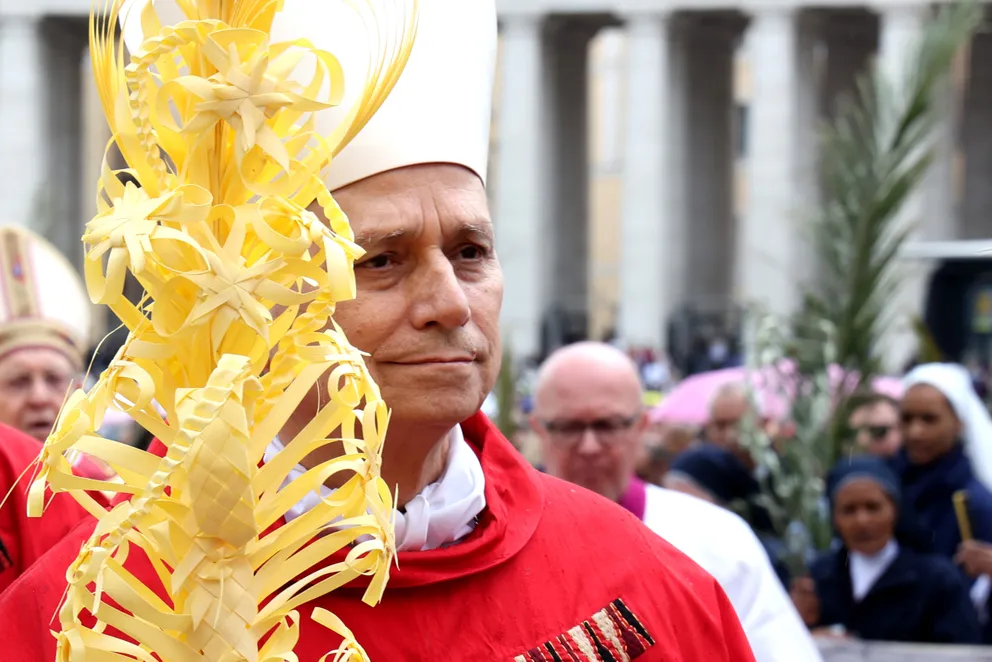
- Robert Sarah (Guinea, 79) – A favorite among traditionalists, Sarah is known for his doctrinal rigidity and long-standing service, though his conservative views may limit his appeal.
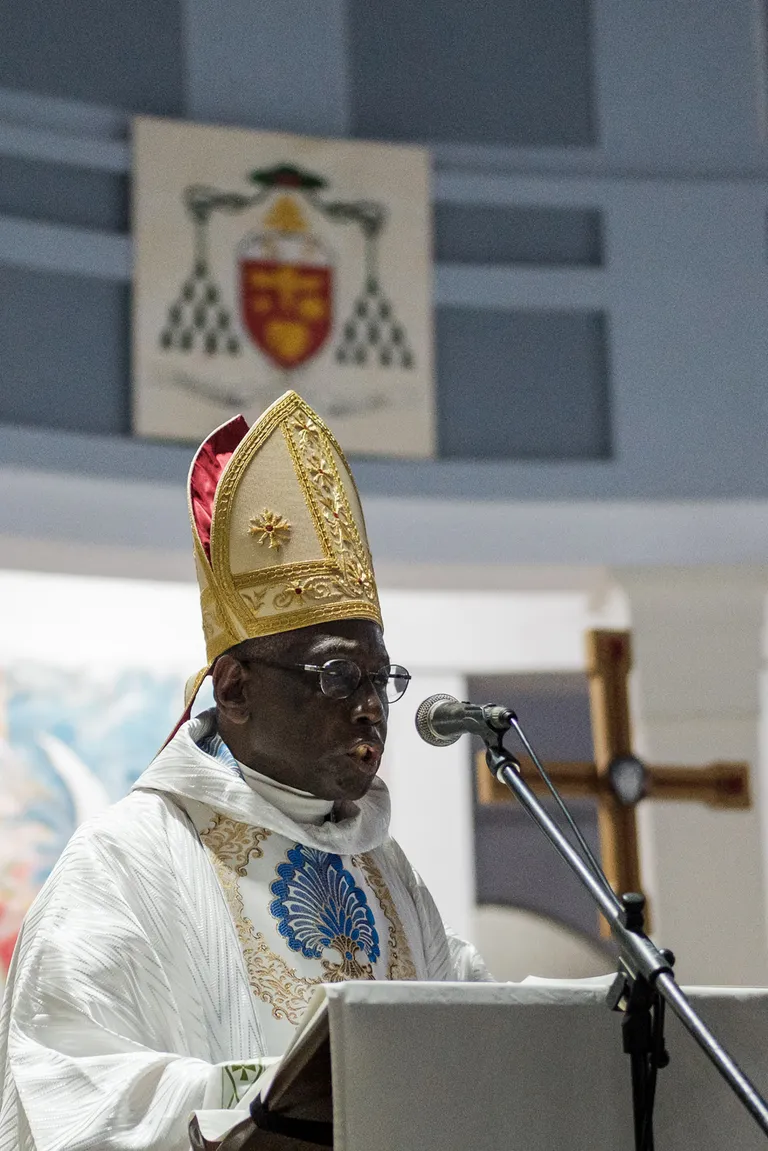
- Michael Czerny (Canada, 78) – A Jesuit and close ally of Francis, Czerny is well-regarded for his work in human development and with migrants, but two Jesuit popes in succession is considered unlikely.
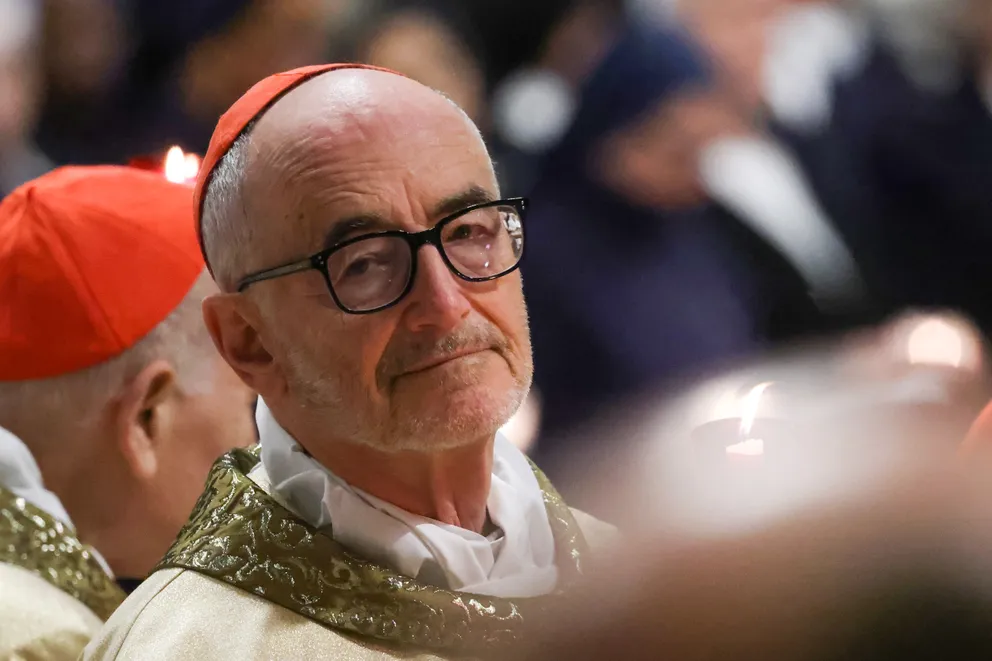
- Marc Ouellet (Canada, 80) – Though ineligible to vote due to age, Ouellet’s experience and conservative-modern blend make him a perennial mention.
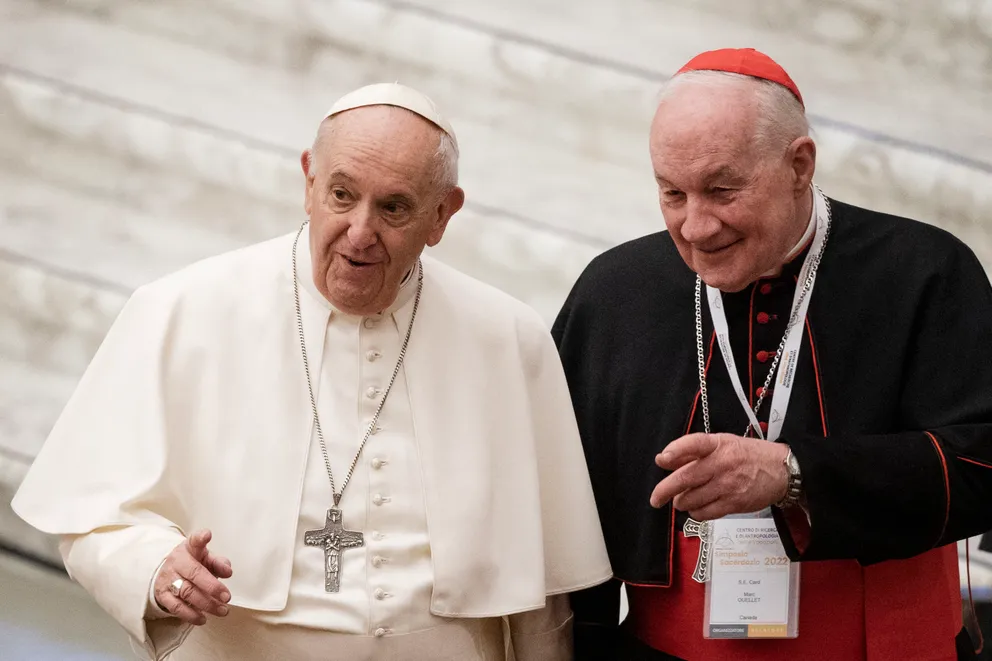
- Angelo Scola (Italy, 83) – Once a strong contender, Scola’s age and recent focus on aging may hinder his chances, though his relationship with Francis remains notable.
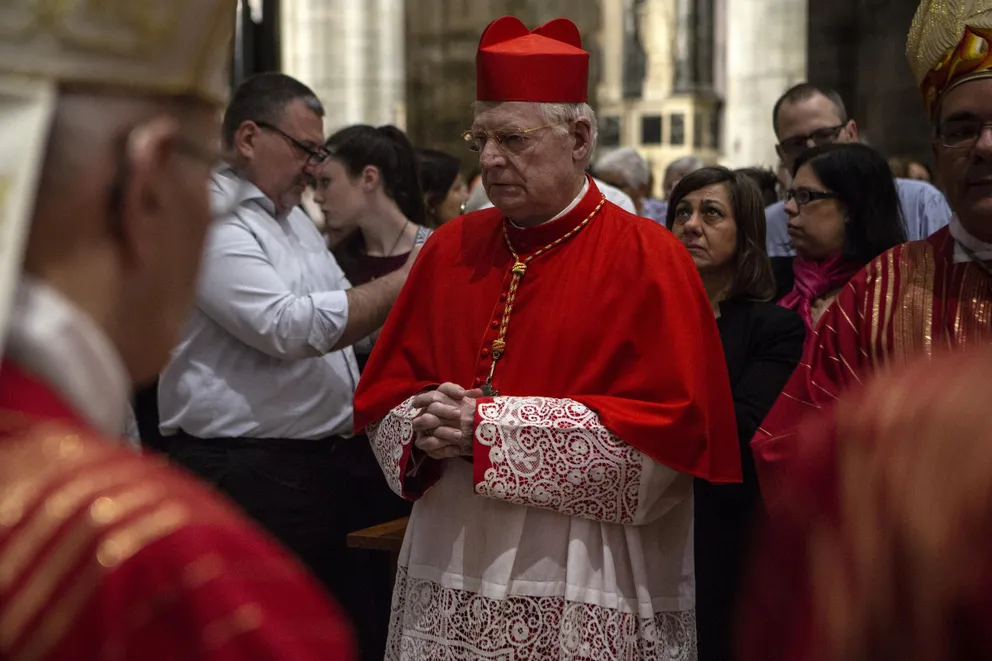
Cardinals will be weighing several factors in choosing the next pope. Theology, geography, and personality will play critical roles in the decision-making process.
Pastoral theology — Pope Francis’s hallmark — emphasized compassion, inclusion, and real-life application of doctrine over rigid enforcement. As U.S. Cardinal Robert McElroy noted, the late Pope’s greatest contribution may have been his pastoral approach to theology.
Cardinal electors also face geopolitical and cultural challenges, from clergy sexual abuse scandals to the Church’s role in issues like migration, climate change, and war.
With such diverse backgrounds and viewpoints, many of the cardinals will be meeting for the first time. Pre-conclave congregations will be essential in helping them evaluate candidates, particularly those less familiar to the broader College.
For a new pope to be elected, two-thirds of the cardinal electors — at least 90 votes — must coalesce around a single candidate. With such a diverse and globally sourced electorate, the direction of the Church remains wide open.
Will the cardinals choose continuity with Pope Francis’s progressive ethos or a return to tradition? Will the next pope come from Asia, Africa, or the Americas? Will his leadership style echo the late Pope’s grassroots charm or lean toward administrative control?
